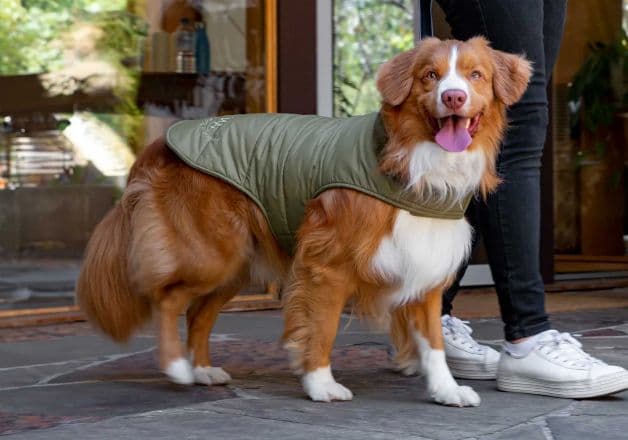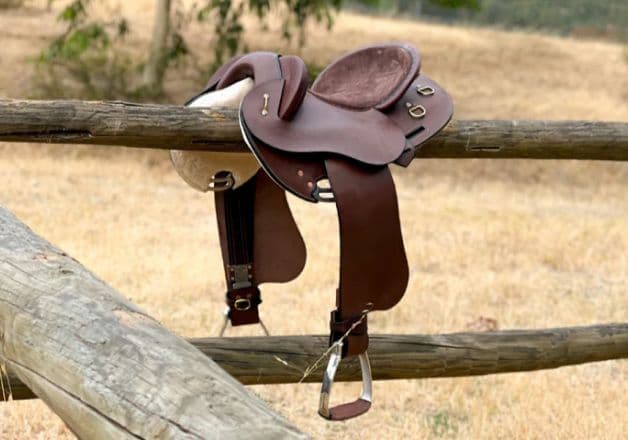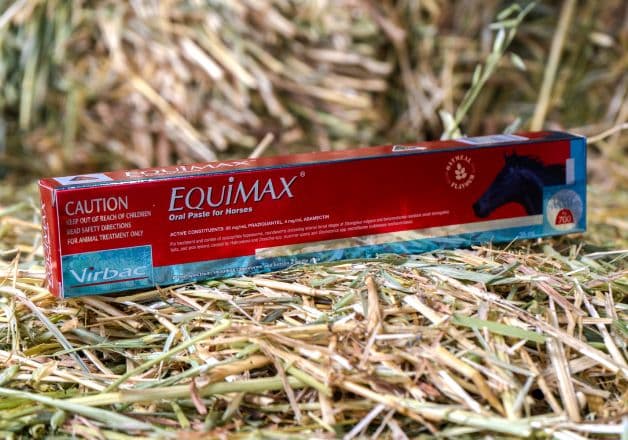
Horse Water Requirements During Summer
Horses need access to fresh, clean drinking water around the clock, especially in hotter weather.
Failing to adequately provide for your horse's water requirements during summer can lead to potentially serious issues like dehydration.
Here's what you need to know about horse drinking requirements, and maintaining a healthy water supply.
How much water your horse needs to drink
The RSPCA states that the average water intake of a 15hh horse can be anything between 30-50 litres of water within a 24-hour period. However, the size of your horse, their feed, exercise level, and medical conditions can all affect how much water they need.
- A paddocked horse obtains moisture from the grass when they graze. If you’re supplementing with hay, they will need more drinking water, as it’s drier than fresh feed. Grains and concentrated feeds will also increase their need for drinking water.
- Horses with underlying medical issues can sometimes require extra drinking water. Those with issues like kidney disease will be urinating more frequently and will need to make up for that fluid loss.
- If you are working your horse through the summer, they will need more water and may also require electrolytes and salt licks to make up for what they lose through sweating.
If your horse is stabled, you’ll need to be able to refill their water buckets regularly. If they are in a paddock, make sure you can fill up a trough at least once a day or install an automatic waterer that keeps troughs brimming. If your horse is one of a number in a paddock, the pecking order of the herd may also impact their access to water, so multiple troughs is a good idea.
You may have a creek running through your paddocks or a dam, but you should still have troughs of fresh water as well. Many horses will avoid natural water sources if they are dirty, smell odd, are polluted, or have algae blooms.
Keeping your horse drinking
Horses can’t vomit, they can be finicky about the water they’re offered, and insufficient water can lead quickly to dehydration. So, how can you circumvent potential issues that block your horse drinking adequate water?
- Keep all troughs and buckets squeaky clean. Even a thirsty horse might refuse to drink from a container that smells a bit funny to them.
- In very hot weather, if you’re concerned that they’re not drinking enough, offer them dampened hay, and increase their access to salt licks.
- Watch their general health, as there may be underlying issues that mean they’re not drinking enough. If you notice their drinking dropping off and the usual methods of increasing their intake aren’t working, call your vet.
- If you’re away from home, travelling, or competing, your horse might refuse to drink the water as it’s unfamiliar. Try taking some home water with you. You can also flavour the water with a little molasses to entice them to drink.
Dehydration and its consequences
A horse can start to suffer from inadequate water intake within 48 hours. One of the early problems can be colic, which can become serious very quickly. If you suspect you have a horse with colic, call your vet.
Well-hydrated horses should have moist gums. If they feel dry and tacky, your horse may be dehydrated. You can also check capillary refill time (CRT) by pressing on the gum firmly with a thumb or finger, then releasing. The time it takes for the gum to return to its original colour is the CRT. A hydrated horse’s CRT is typically less than a couple of seconds. As a horse becomes more dehydrated, that time slows.
You can also do a pinch test by pinching a small area of skin on their neck or shoulder and watching how quickly it bounces back flat. It should go back immediately. Once it starts to take more than 2-3 seconds, you may have a horse beginning to dehydrate.
Dehydration is a serious condition that can lead to kidney failure and death if not treated. If you suspect your horse is dehydrated, offer water and call your vet.
It's vital to ensure your horse always has access to clean water, whether at home or away. Watch out for signs of possible dehydration, and if in doubt, call your vet. It’s better to be safe than sorry!


